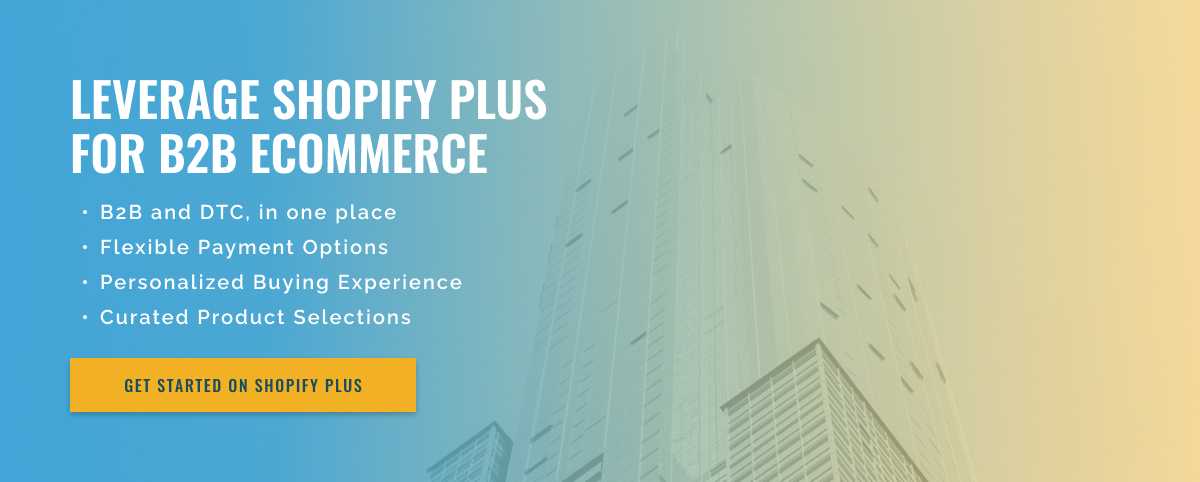3 minute read
Boost Your B2B Reporting: Customizable Shopify Apps
Shopify is a popular eCommerce platform that allows entrepreneurs and businesses to easily create and manage their own online stores. The user-friendly interface and extensive app store make it a favorite tool of many sellers who want to sell their products and services online. While Shopify offers a wide range of features and tools, B2B sellers lack one area: customizable reporting and analytics.
B2B (business-to-business) sellers have specific reporting and analytics needs. They often deal with large numbers of customers and complex purchasing processes, so having detailed and accurate data is crucial for them to make informed business decisions. Unfortunately, Shopify’s native reporting and analytics capabilities are quite limited and do not meet the unique needs of B2B sellers. This is where Shopify apps come in.
There are over 4,000 apps available in the Shopify app store, as well as several third-party apps designed specifically for the B2B market and offering customizable reporting and analytics features. These applications offer a range of features, from advanced reporting to customer segmentation and sales forecasting.
A popular application is Data Export, which allows sellers to create custom reports and export data in a variety of formats, including CSV, Excel, and Google Sheets. This is especially useful for B2B companies that need to share data with their customers or integrate it with their own systems.
Another application, OrderMetrics, provides detailed reports on sales, customer behavior, and profitability. It also offers advanced inventory management features that are crucial for B2B sellers dealing with large product volumes.
Perhaps the most important advantage of using third-party reporting and analytics apps on Shopify is the ability to tailor them to your specific business needs. Many of these apps allow sellers to choose the metrics and KPIs (key performance indicators) that are most relevant to their business, rather than relying on Shopify’s generic reporting. This level of customization is especially beneficial for B2B companies because they can track and analyze data specific to their industry and customer base.
In summary, while Shopify’s own reporting and analytics may not meet the needs of B2B sellers, the solution is a robust app store on the platform. With customizable reporting and analytics applications, B2B sellers have access to valuable data and insights that can help them make informed business decisions and drive growth. If you’re a B2B seller using Shopify, it’s worth exploring these apps to see how they can improve your reporting and analytics capabilities.

